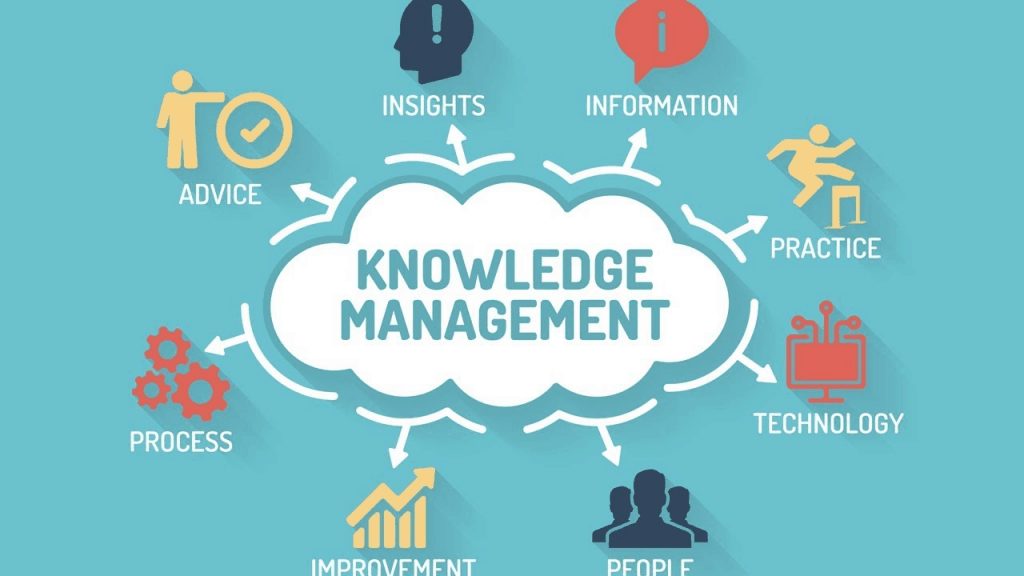One of the most critical assets in any organization, other than cash, is data. Businesses use data in many ways, but they must also obtain that data, store it and secure it before using the data they gather to make decisions. Information has a purpose and deals with facts and figures, while knowledge resides in the minds of the people who use the information and learn from it. Knowledge is a combination of what a person has learned and their experience.
What Is Information Management?
Information management is acquiring, storing, managing, and distributing information or data. Data comes in various formats and comes from an endless number of sources. Information management is also about analyzing the data stored and structuring the data in a way that complies with policies and regulations to ensure that it’s only accessible to employees who have authorization.
What Is Knowledge Management?
Knowledge is the process form of information that focuses on applying the information the business gathered. Knowledge gives information meaning, and once data has meaning, it provides value to a business. There are two types of knowledge that most companies have; tacit and explicit. Tacit knowledge is the employees’ insights and intuitive feelings, and explicit knowledge is information-centric. Combining tacit and explicit is the key to having a competitive advantage.
Difference Between Information Management and Knowledge Management
There are many differences between knowledge management and information management. Knowledge management is about the people involved and leads to changes within the company through the communication, work, and behavior of the people within the company. Information management deals with facts, figures, and hard data, and it’s easy to copy.
An example of information vs. knowledge would be if somebody read a sentence that to get from Saint Mark’s Basilica in Venice, Italy to the international airport, one has to cross a bridge to leave the island in the lagoon. Knowledge management comes into play because Venice is a city on 118 islands on a shallow lagoon.
A person would also know that a vehicle isn’t always the best way to get around Venice unless you were leaving by the bridge for mainland Italy. Knowledge would be to market to bicyclists, pedestrians, and those who travel by the water around Venice or the 2 miles between Venice and mainland Venice.
Knowledge Management System
It isn’t always easy when you need to find a speck of an answer in a growing haystack of information, especially when your customers have questions or issues that need immediate solving. Reputable places like Verint can be of service to help with their knowledge management system. They use a patented AI to create a natural and effective way to connect people to the answers they seek.
The AI not only anticipates what people want and what they’re about to ask, but it understands what people mean and not what they type. Additionally, it improves through continued use, making it faster and more efficient when accessing content.

